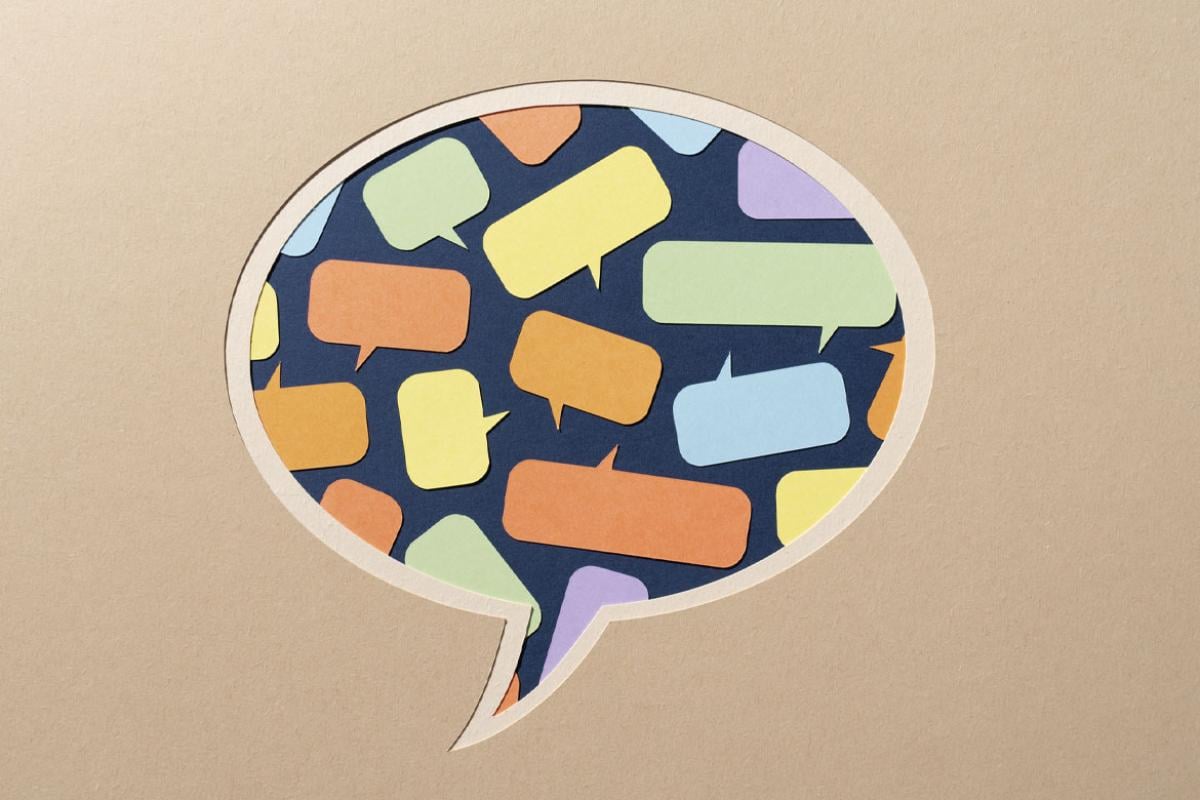Social media can act as a journal. Each post offers a snapshot into the user’s frame of mind at a given moment.
A recent study examines how those posts can be used as a barometer of resident physician well-being. For the study, published in JAMA Network Open, researchers analyzed social media content from academic emergency medicine physicians and residents before and during the COVID-19 pandemic and determined that there were thematic shifts and increases in language related to anxiety, anger, depression, and loneliness in that trying time frame.
“Medicine can be profoundly isolating and stressful, and we know that can be particularly true in residency,” said Anish Agarwal, MD, MPH, MS, the study’s lead author and assistant professor of emergency medicine at the Perelman School of Medicine at the University of Pennsylvania . “If you, as a trainee, develop good habits of connecting with people early, whether they be within the House of Medicine or outside of it, whether they be online or in person, it’s really important you do that now. These relationships can sustain and really help you throughout training. If you don’t, your chances of becoming lonely or burnt out or unwell 10 years from now” increases.
How can resident physicians ensure that they are cultivating healthy social media habits? Dr. Agarwal offered a few thoughts.
Embrace social media’s utility
Like many Americans in their age bracket, resident physicians are using social media. The sample from the JAMA Network Open study included 471 physicians creating 198,867 posts over a four-year period—about half of which were before the COVID-19 pandemic.
“In its essence and its core, social media is designed to bring people together,” Dr. Agarwal said. “There can be a tremendous community across social media platforms, connecting with people you wouldn't otherwise connect with. You can find people going through the same things you are, like the really challenging training residents go through.”
Learn about AMA policy addressing social media use and its impact on mental health.
Avoid toxic positivity
Social media posts are elective, and many people elect to share only the good news. Comparing yourself to resident peers because of social media posts can create self-doubt or affect confidence when you aren’t getting the entire picture.
“You really have to be aware of and avoid the toxic positivity,” Dr. Agarwal said. “The fact some people only post their wins and how great things are, how they have 10,000 interviews for residency and how they're just crushing it, that’s not real life.
“Oftentimes people don't post their losses, their down moments, the things they may not want everyone to see online,” he added. “And that’s fine, but from those consuming this content, I would hate for trainees who are the of future medicine to think that it's easy to just go through training, to be a great student, to become a great resident, and then you get your dream job. That’s not how it is. It’s not easy to do those things. Frankly, it’s very challenging.”
Explore guidance from the AMA Code of Medical Ethics on professionalism in the use of social media.
Reread old posts
If social media operates as a digital journal for the world to see, sometimes it benefits the author to re-examine their work.
“Social media is designed to look for the next post,” Dr. Agarwal said. “An interesting and potentially revealing exercise would be to go back to see what were you posting about a week or a month ago. Read it and reflect on how did it make you feel when you posted it and then think about how it makes you feel a week or two later when you’re coming back to it.
“Sometimes it might be obvious. If you’re finding you have several all-caps angry sentiment posts, that certainly can be revealing.”
Consider a social media vacation
If you are feeling stressed or lonely or jealous in your life, take a break from social media. How you feel during that time away can reveal if your use of these platforms is a root cause of those adverse emotions.
“When people take a social media break or vacation, they may say they are going to do it for three, four or five days and many times people don’t go back or if they do they go back with an intentional reason to be on that platform,” Dr. Agarwal said. “Something like a desire to connect with people who are interested in a cause you find important.”
“People should do things that make you happy. That’s the question you should ask yourself about your social media use. Is this making me happy? You should spend time doing things that make you happy and bring you energy.”



